Hair Loss After Starting Ozempic: Is It Normal?
Understanding Why Hair Thinning Might Happen and How to Manage It
Ozempic, a popular medication prescribed to manage blood sugar levels and support weight loss in people with type 2 diabetes, has gained attention not only for its effectiveness but also for potential side effects. One concern some people have is hair loss after starting Ozempic. While hair thinning is not a widely reported side effect, there are reasons this might happen indirectly, particularly related to rapid weight loss and shifts in body chemistry. Here, we’ll explore potential reasons for hair shedding during Ozempic use and what you can do about it.
Why Does Hair Loss Occur With Rapid Weight Loss?
Rapid weight loss can often be a trigger for hair loss. Many people using Ozempic experience significant weight reduction, which may cause temporary hair shedding. When the body undergoes a sudden change, like a calorie reduction or rapid weight loss, it sometimes reallocates resources to prioritize vital functions over hair growth. This condition, called telogen effluvium, is common during or after rapid weight loss and is often temporary.
Stress on the Body and Hair Loss
Starting a new medication can cause physiological stress on the body. While Ozempic works to control blood sugar levels and curb appetite, it may also bring side effects such as nausea, fatigue, or digestive issues. These stressors, combined with the body’s adjustment to a new routine, may contribute to hair shedding.
Nutritional Deficiencies From Diet Changes
Hair health is directly tied to nutrition, and when people lose weight quickly, they may unintentionally miss essential nutrients that help maintain healthy hair. For example, deficiencies in protein, iron, zinc, or vitamins like B12 and biotin can all lead to hair thinning. Since Ozempic is often paired with a reduced-calorie diet, make sure to monitor your intake and include nutrient-dense foods.
Hormonal Changes and Their Effects on Hair
Both weight loss and medication can sometimes affect hormone levels. Changes in thyroid function, insulin sensitivity, or other hormones as a response to rapid weight loss or blood sugar regulation could impact hair growth cycles. Hormonal imbalances may lead to hair thinning or increased shedding.
Tips for Managing Hair Health While on Ozempic
If you’re noticing hair thinning after starting Ozempic, here are some steps to consider:
- Prioritize Nutrient-Rich Foods: Make sure your diet is well-balanced with plenty of protein, iron, and vitamins, even when you’re eating fewer calories.
- Consider a Multivitamin: Supplementing with a multivitamin containing biotin, zinc, and other essential nutrients can help fill any gaps.
- Be Gentle with Hair Care: Avoid excessive heat styling and chemical treatments while your hair is in a fragile state.
- Consult with Your Healthcare Provider: They may check for other possible causes of hair loss, like hormonal imbalances or nutrient deficiencies, and suggest specific treatments.
When to Seek Help for Hair Loss
While hair loss from weight loss is often temporary, speak with a healthcare provider if it persists or if you’re concerned about your overall hair health. In some cases, they may adjust your treatment plan or recommend supplements to support hair growth.
Hair thinning after starting Ozempic may be a temporary response to rapid weight loss, dietary changes, or stress on the body, rather than a direct side effect of the medication itself. While this can be concerning, the good news is that hair loss due to telogen effluvium is typically temporary and should improve as your body adjusts. For personalized support and tips on maintaining hair health, contact Nurse Holly Aesthetics to explore hair restoration treatments and solutions designed to keep your hair looking and feeling its best.



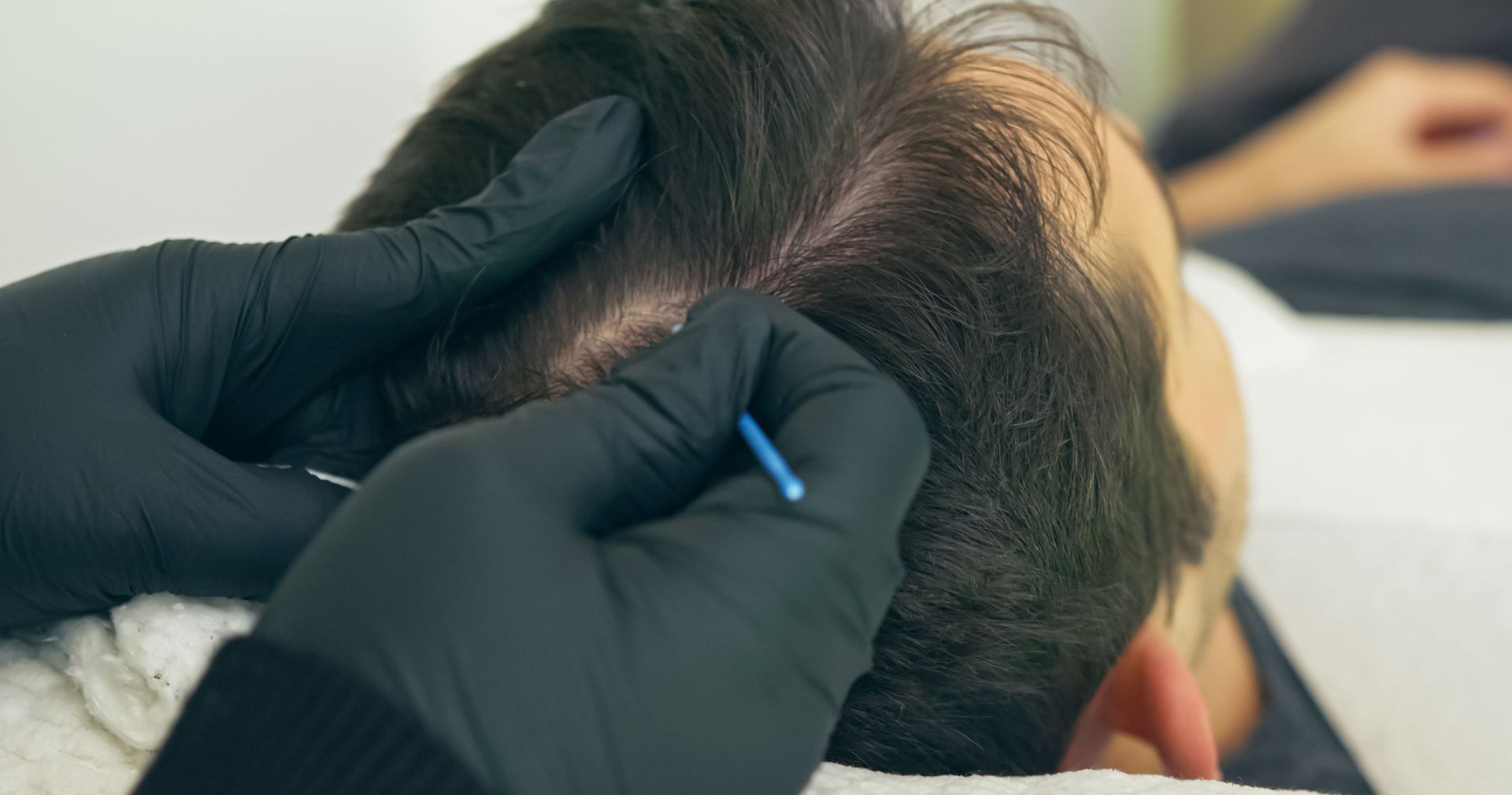
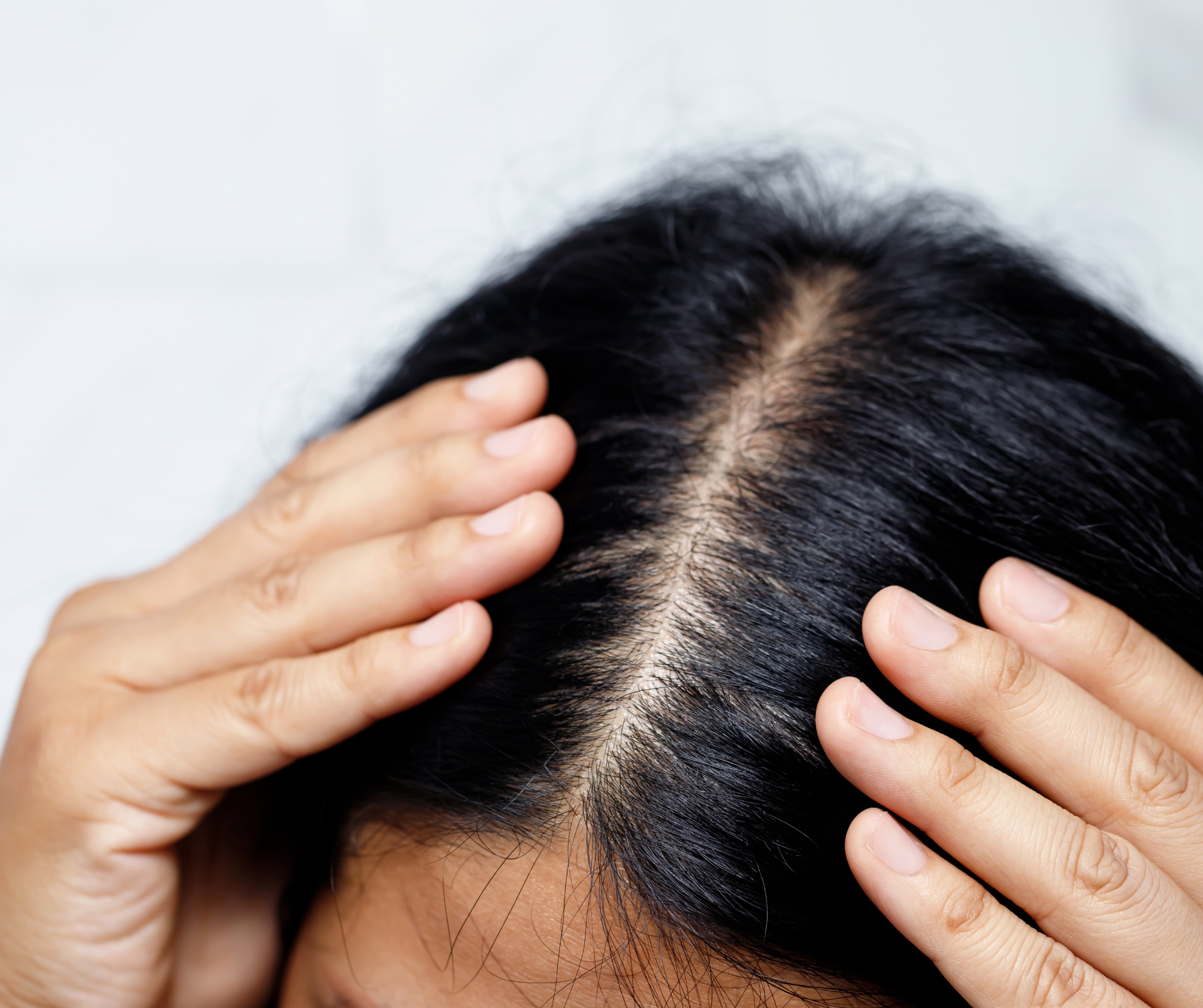
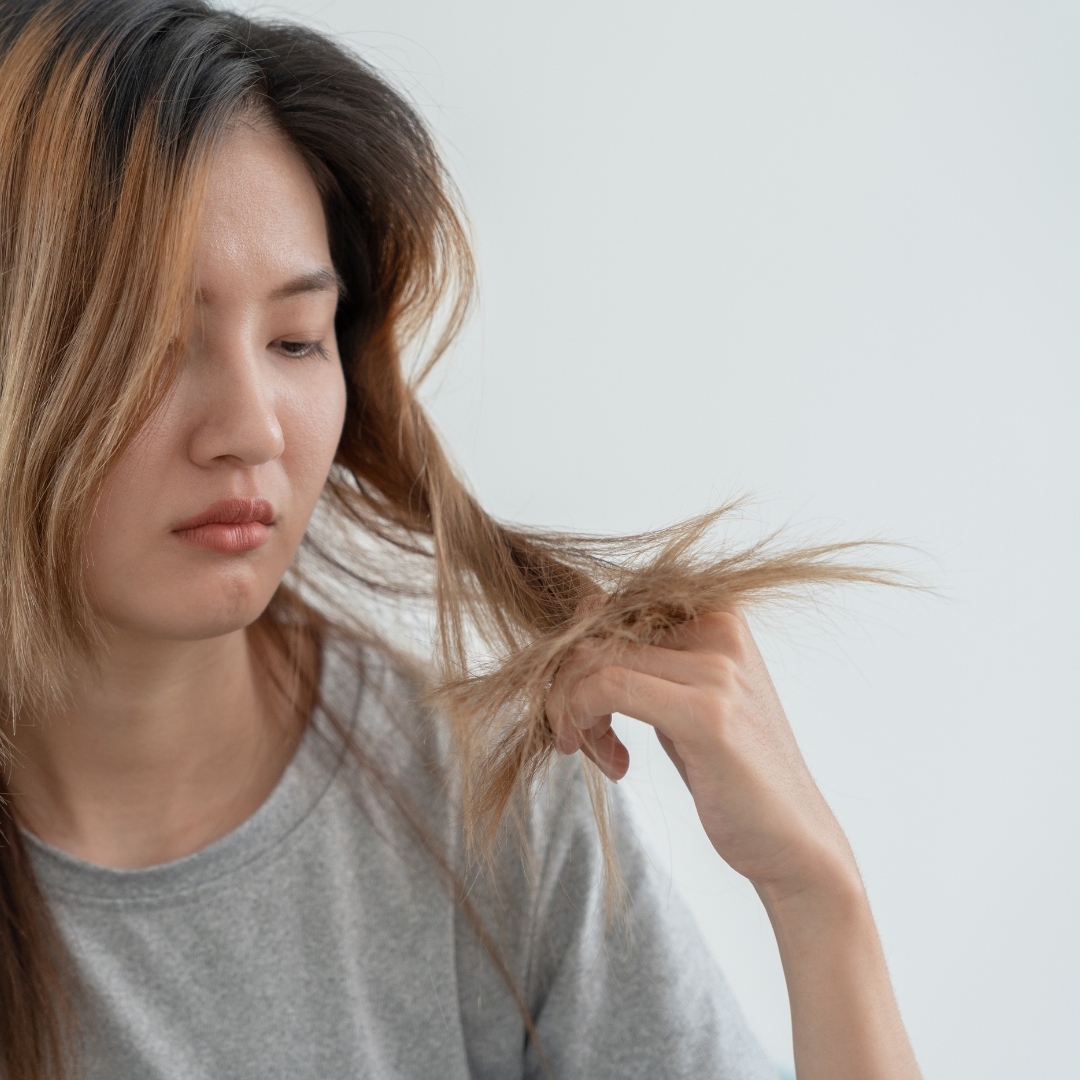

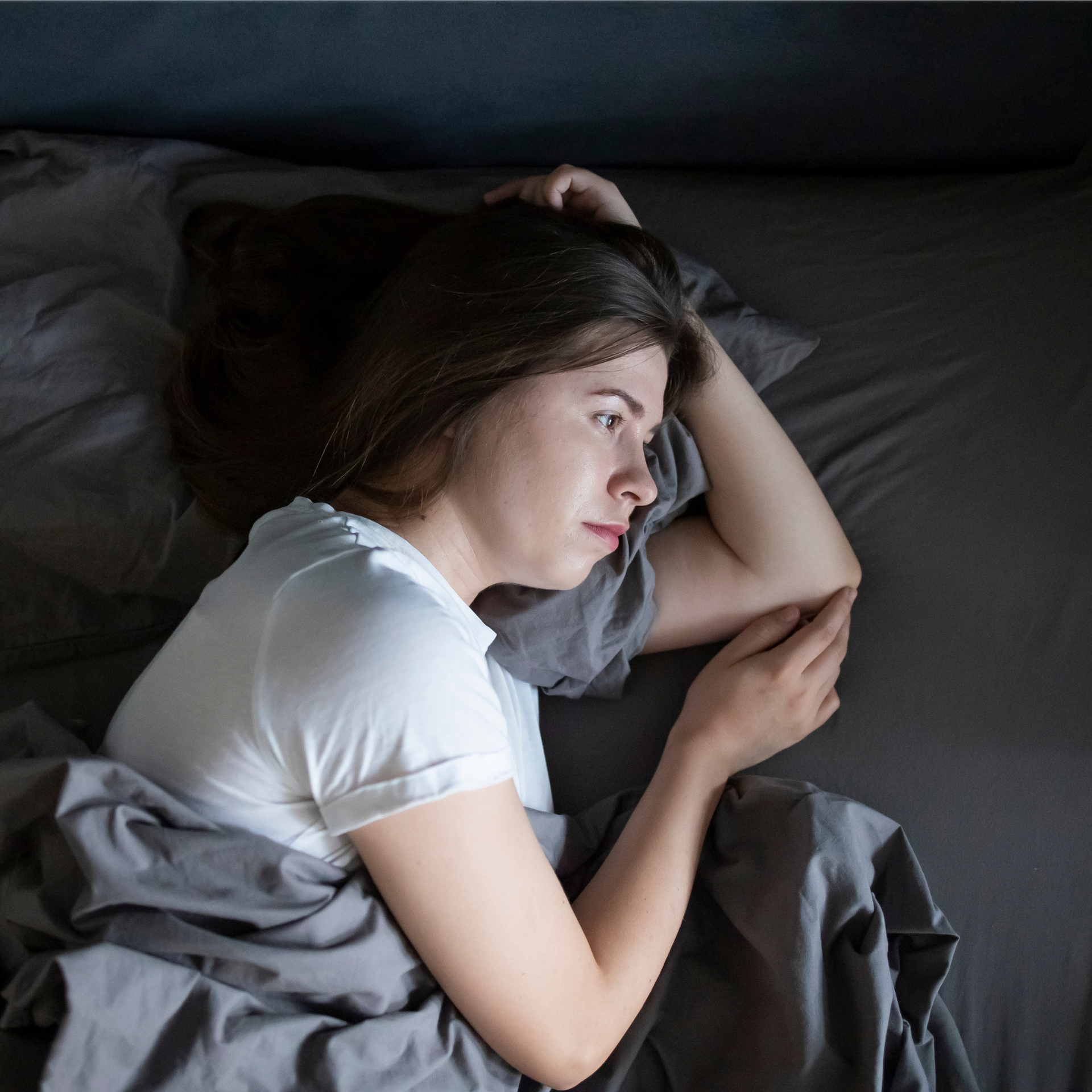
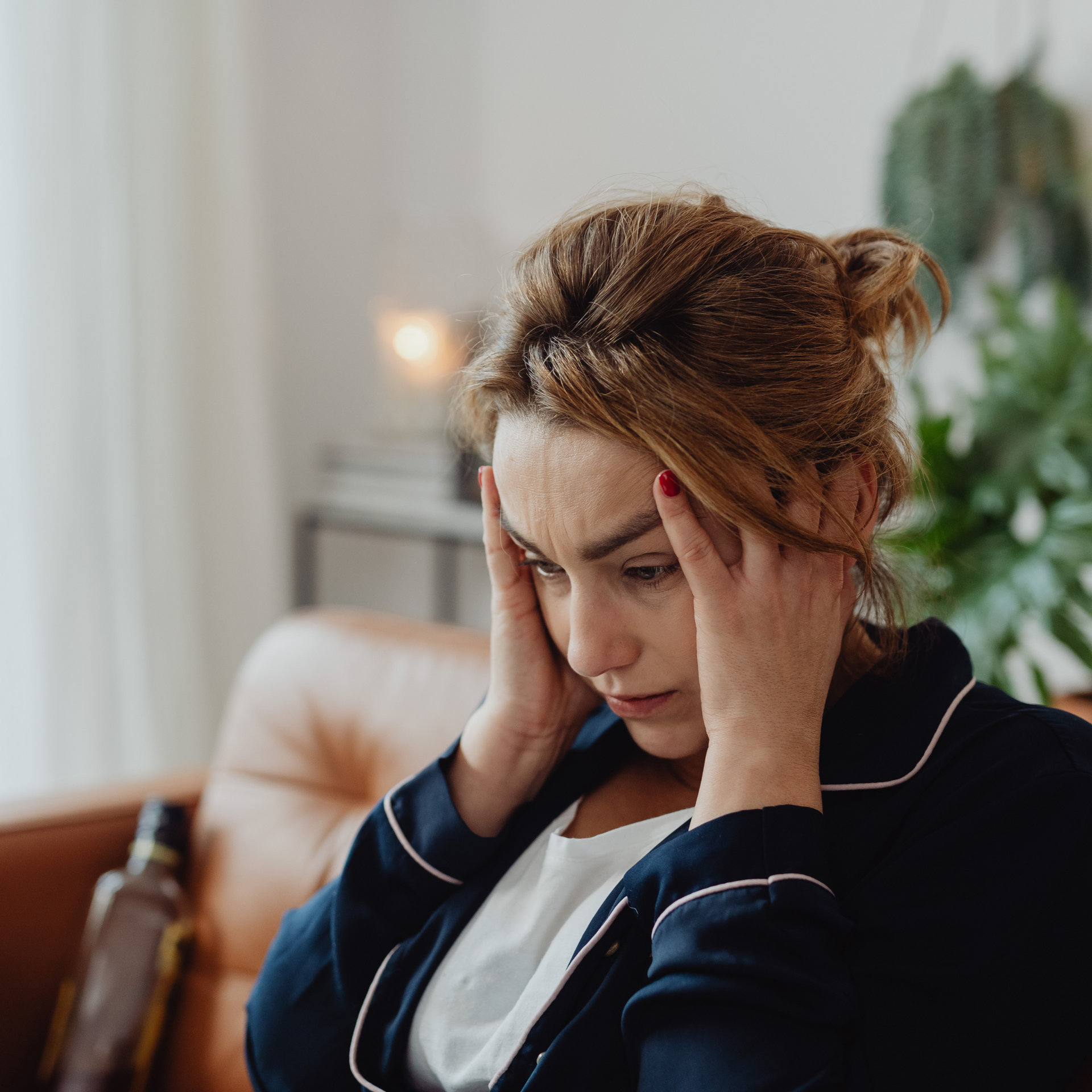


Share On: